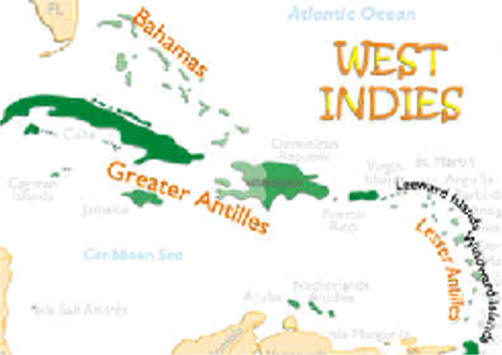
Presidential Courage
Brave Leaders, How They Changed America
1789-1989
by
Michael Beschloss
Editor's notes:
1) Presidents
are elected on even decades like
1980, 2000, off year
elections of 1992, 2014...
2) Pictures can often be
enlarged with a click.
3) Editorial comments are in red
font. Updated 10/15/24
Return to Presidential Courage
1) G. Washington made voters unhappy with the Jay Treaty and Taxes
2) J. Adams avoided a Quasi-War with France which cost him reelection.
3) A. Jackson Took On Eastern Oligarchs to Serve Rural America.
4) A. Lincoln required freeing the slaves as a condition of saving the Union.
5) T. Roosevelt took on corporate RR trusts for consumers and farmers
Part 2 Guiding the Worl
6)
FDR took an
unpopular stance
by planning for war but still reelected.
7)
HT tough decisions like quickly recognize Israel
8)
JFK
push school integration despite potential political
opposition.
9)
R.
Reagan hastened the end of the Cold War with deficit spending.



